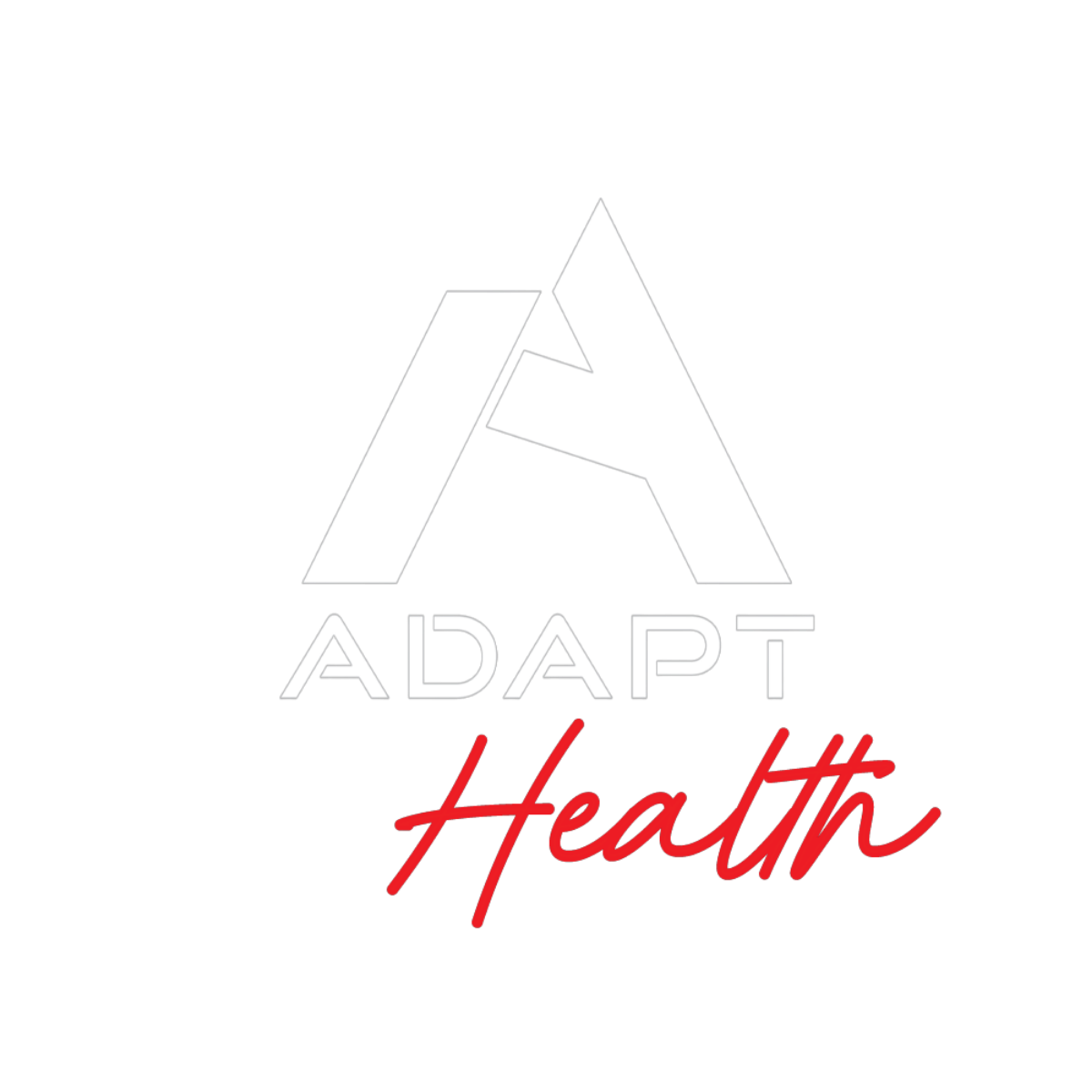Water is, quite literally, the river on which our good health flows. Water detox can be more effective than other fussy or expensive so-called detox beverages. Water carries nutrients to our cells, aids digestion by forming stomach secretions, flushes our bodies of wastes, and keeps our kidneys healthy.
It keeps our moisture-rich organs (our skin, eyes, mouth, and nose) functioning well, it lubricates and cushions our joints, and it regulates our body temperature and our metabolism, just to name a few of its many functions.
Disease prevention
Water also plays a crucial role in disease prevention. In a study conducted at the Centre for Human Nutrition at the University of Sheffield, England, researchers concluded that women who stay adequately hydrated reduce their risk of breast cancer by 79 percent.
Another study, done at the Fred Hutchinson Cancer Research Center in Seattle, found that women who drink more than five glasses of water a day have a 45 percent reduced risk of colon cancer compared with women who drink two or fewer glasses of water a day.
Many doctors believe that proper hydration can help prevent chronic joint diseases, such as rheumatoid arthritis, because water reduces inflammation and promotes cartilage health. Adequate water consumption can also slow the signs of aging and improve conditions such as constipation, diabetes, hypoglycemia, obesity, arthritis, kidney stones, dry skin, wrinkles, cataracts, and glaucoma.
H2O: the Toxic Avenger
Without enough water flowing through our systems to carry out wastes and toxins, we would literally drown in our own poisonous metabolic wastes. I don’t mean to sound alarmist, but this is no exaggeration. Even slight dehydration can wear down our systems in ways that seriously compromise our overall quality of life.
Normal-functioning kidneys also control the concentration levels of body fluids. If body fluids are too dilute, the kidneys expel excess water via urine. If body fluids are too concentrated, the kidneys excrete the excess solutes and hang on to the water. In short, the kidneys are all about balancing the fluids and electrolytes in our bodies so that our systems run smoothly.
Electrolytes and hydration
Electrolyte is the scientific term for a type of salt made up of ions that are positively and negatively charged. These are the “sparks” that transfer electrical messages across cells, and this activity is what makes our bodies function. Our kidneys work to keep our electrolyte concentrations steady, since they must be replaced constantly. If they’re not, dehydration can set in, which can lead to organ damage and seizures. How can we be sure that we’re getting enough electrolytes? Do we need to buy specially formulated, sugar-enhanced sports drinks?
Many sports physiologists actually recommend water—that’s right, plain water—over the fancy sports drinks that are marketed to us. Experts have found that the difference in electrolyte content between water and sports drinks is important only to elite athletes who are competing professionally in endurance events. Since electrolytes are already plentiful in the American diet, moderate to regular exercisers don’t have to worry about running out of these salty ions. Edible sea vegetables, the most nutrient-dense foods on the planet, are a great source of electrolytes as well as of minerals and trace elements.
Wisdom from traditional Chinese medicine
According to Traditional Chinese Medicine, the kidneys and bladder regulate the fluids in our bodies and make up the Water Element. Our kidneys are fantastic removers; they get rid of the waste products from protein metabolism—uric acid, urea, and lactic acid—but they need lots of water to accomplish this.
Traditional Chinese Medicine reveres the kidneys because they distribute qi, or vital life energy, throughout the body. The kidneys are responsible for removing excess hormones, vitamins, minerals, and foreign toxins such as drugs, chemicals, and food additives.
Water Fights Fat
Drinking water is hugely beneficial for weight loss. In fact, if you’re looking for a magic bullet to get your weight loss under way, there is no better strategy than to drink 10 glasses of water a day. Here’s why: Water is a natural appetite suppressor, and it helps the body metabolize fat. When the kidneys don’t get enough water and can’t function properly, the liver gets called upon to fill in and take on the role of eliminating toxins from our systems.
Paradoxically, drinking lots of water is also a best remedy for water retention. The body retains water as a response to not getting enough water in the first place. Perceiving a threat, the cells cling onto the water they have, causing swelling in our hands, feet, and legs. When we drink enough water, our cells can relax and do their job-without holding on to the scarce water.
Also, someone who is overweight needs to take in more water than someone who is thin. This is because the larger person has a larger metabolic load. To support this, more water is needed.
As you are losing weight, your body is going to have more toxins and waste to dispose of. Step up your water intake at this point, and you’ll help your body eliminate wastes more efficiently, thereby helping your weight loss along.



